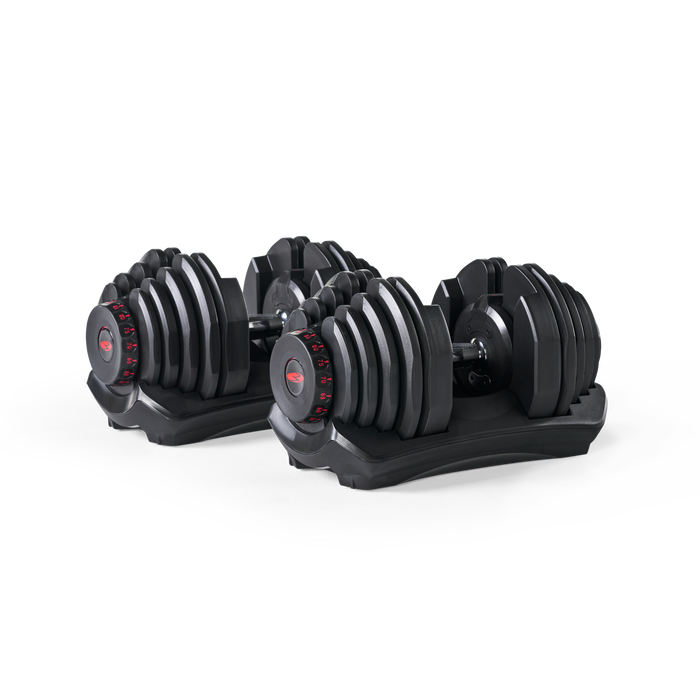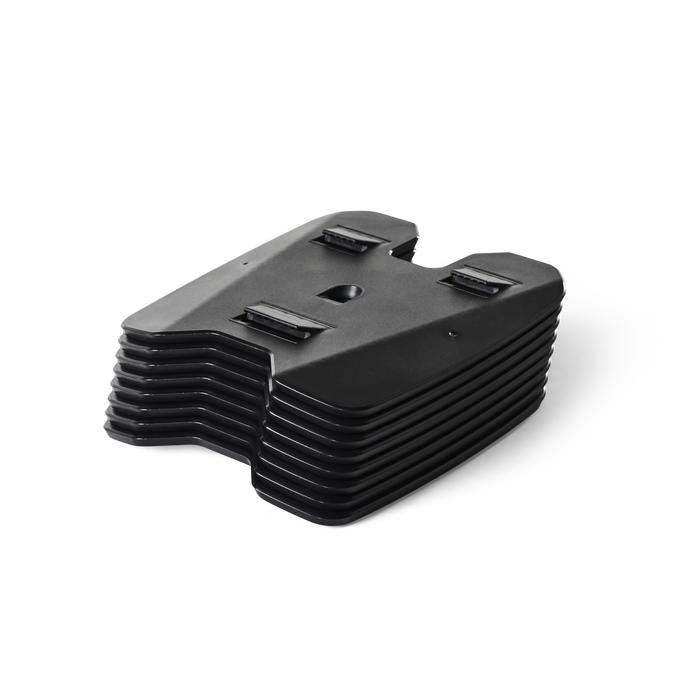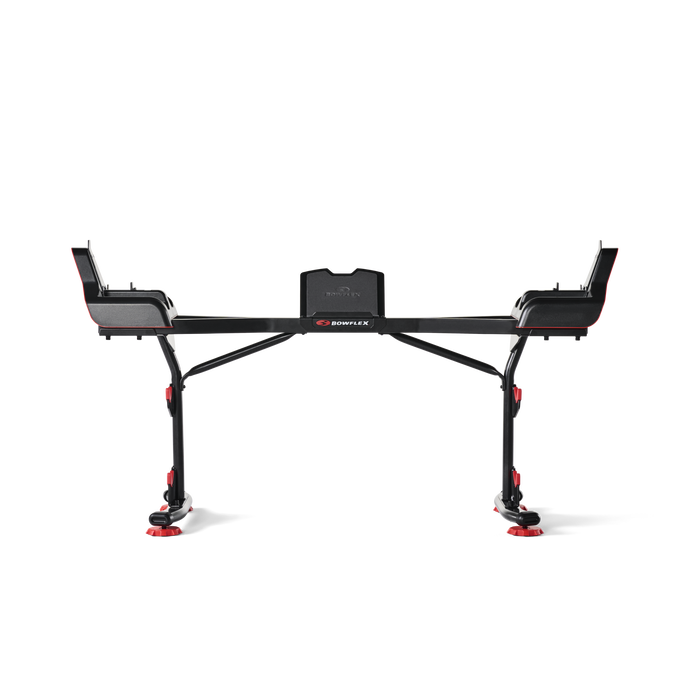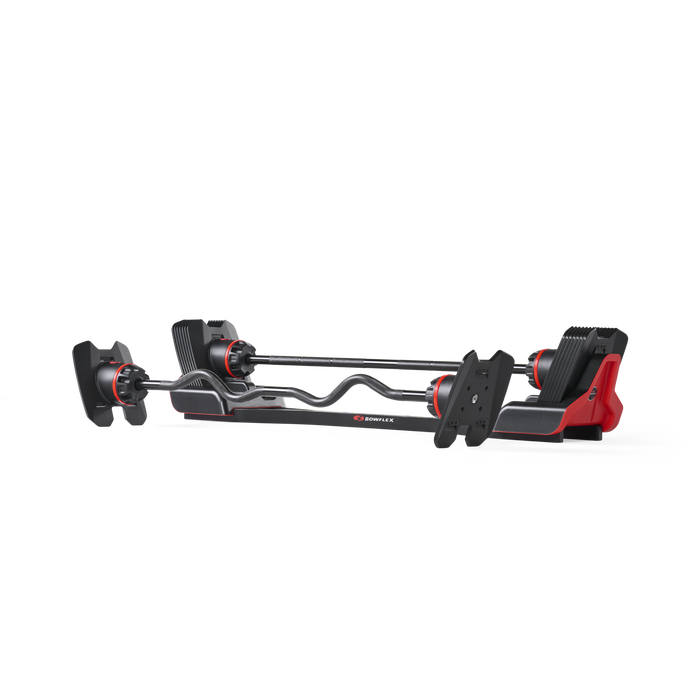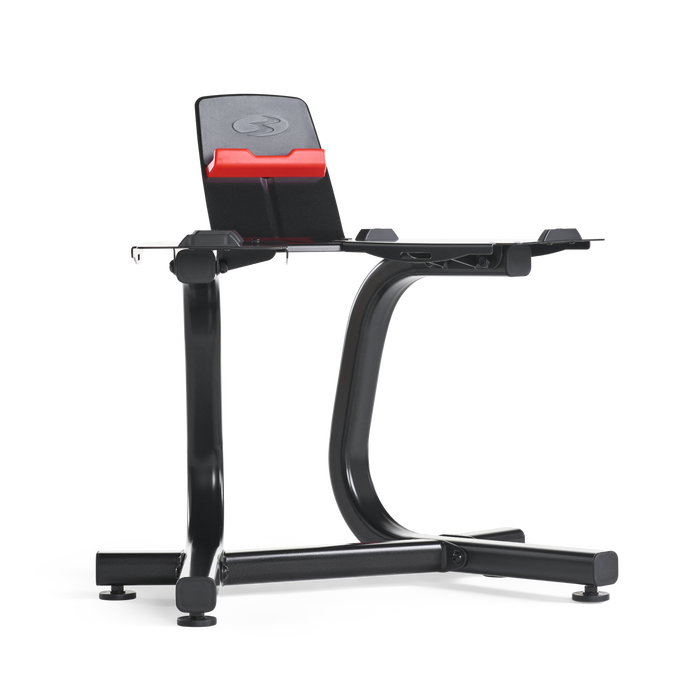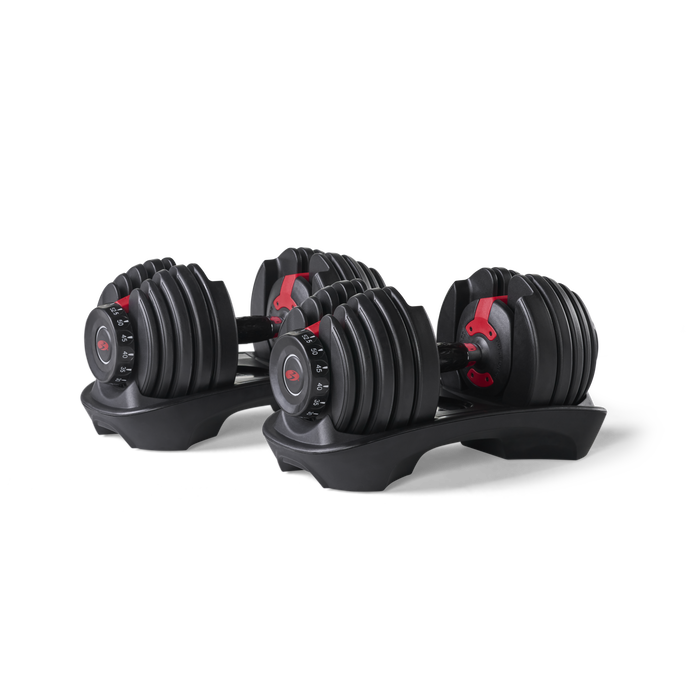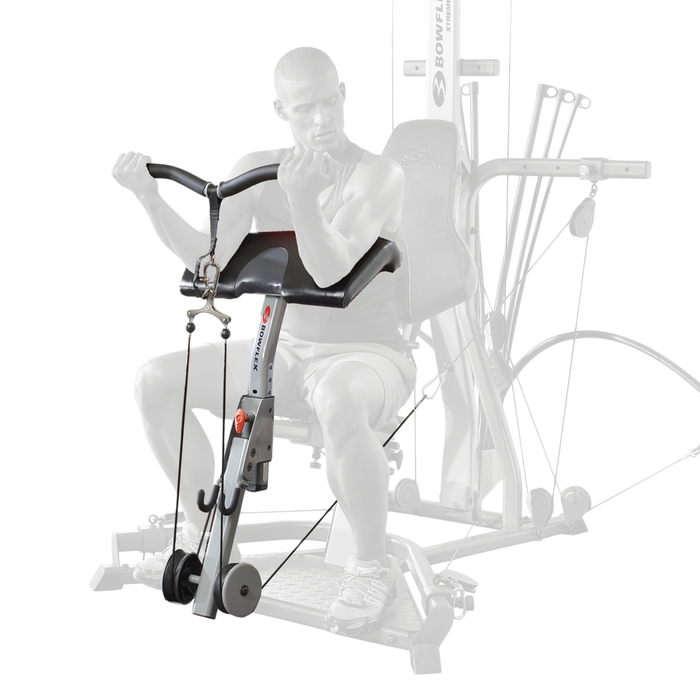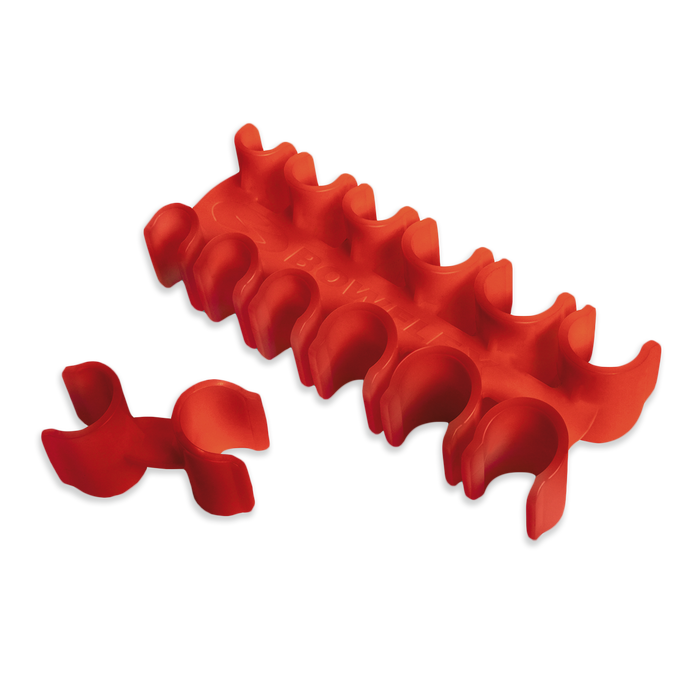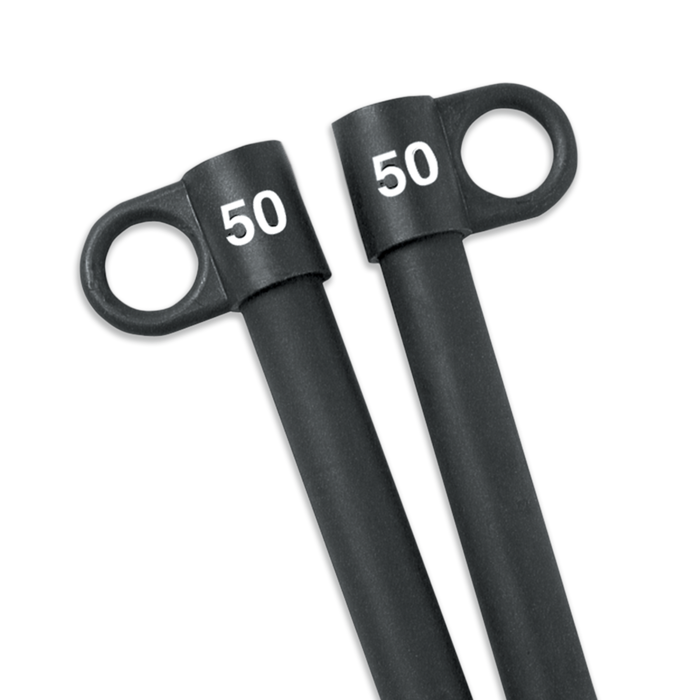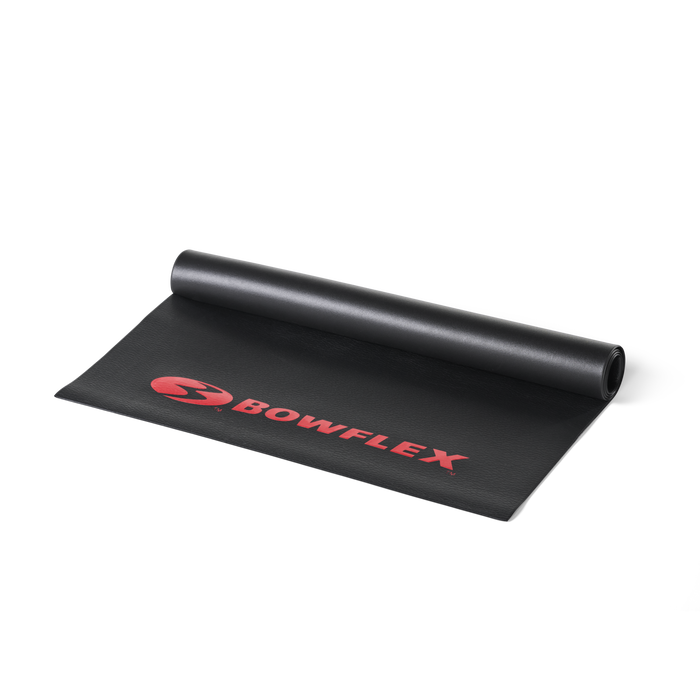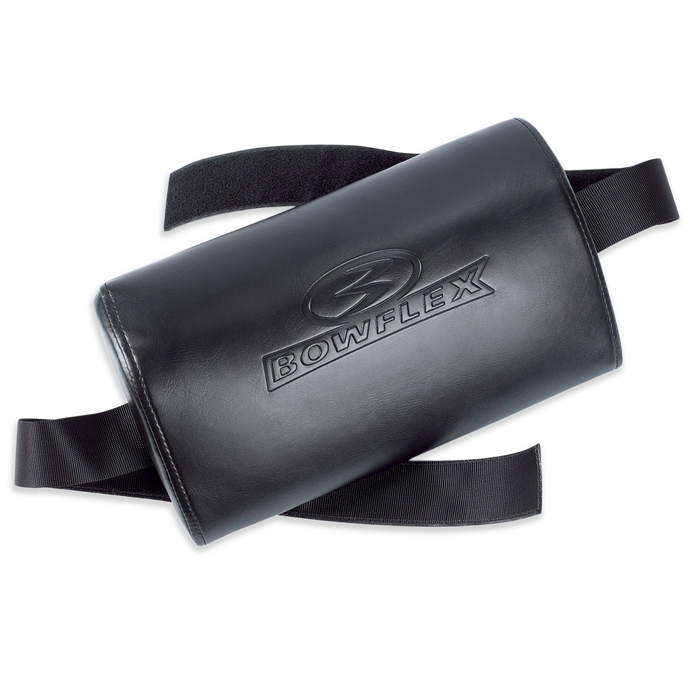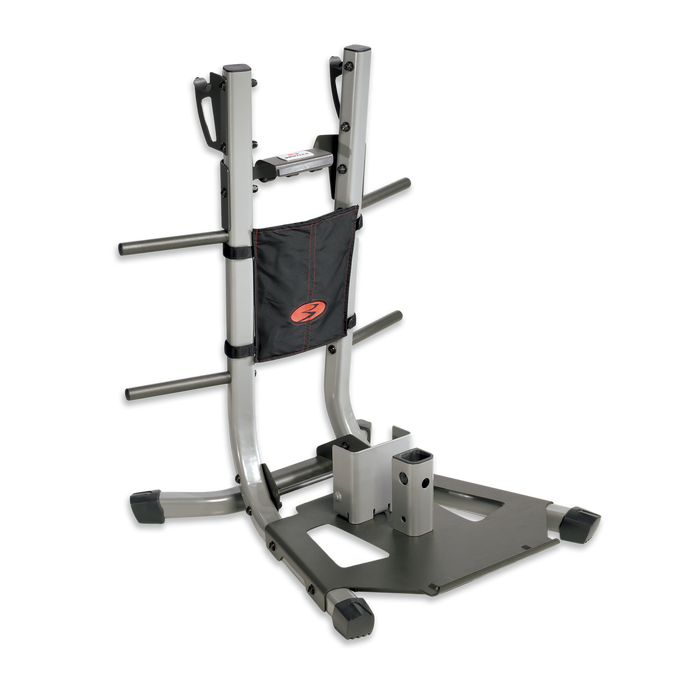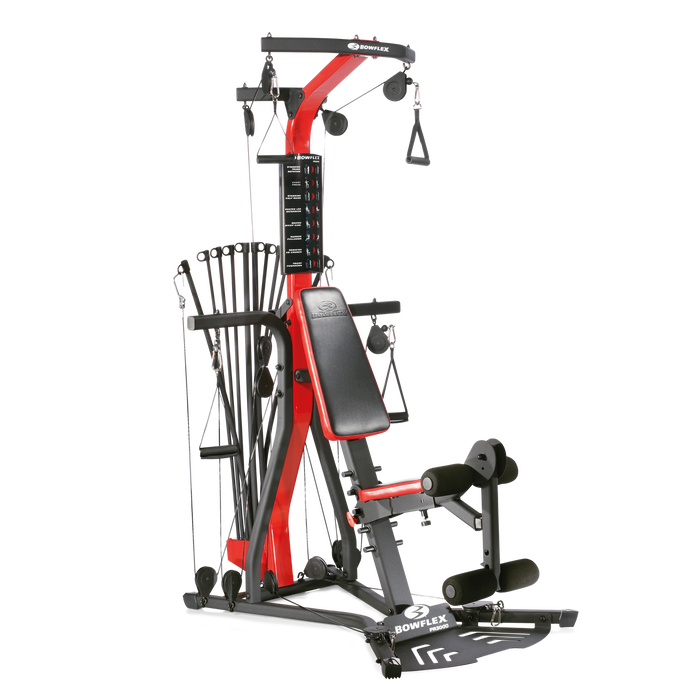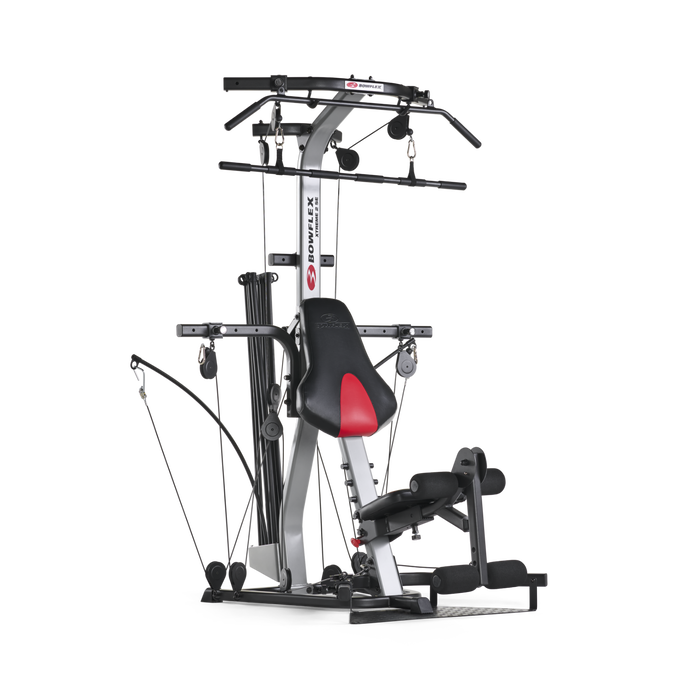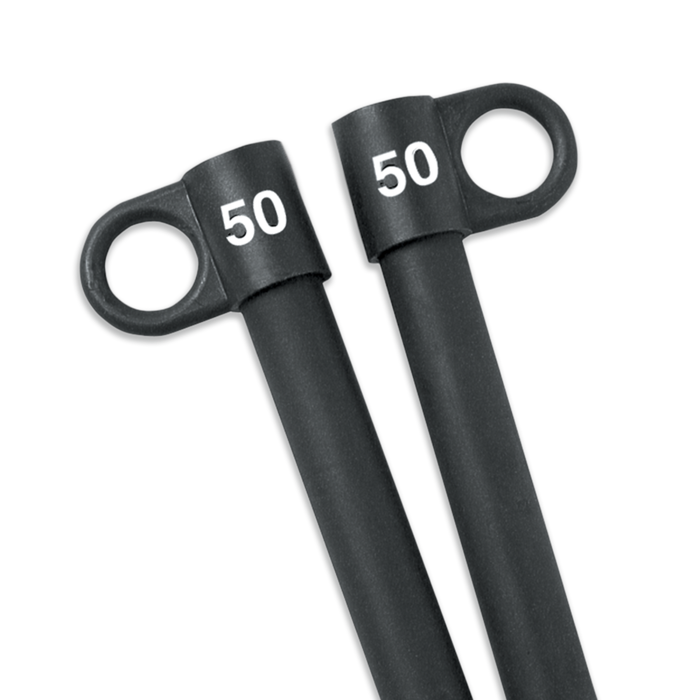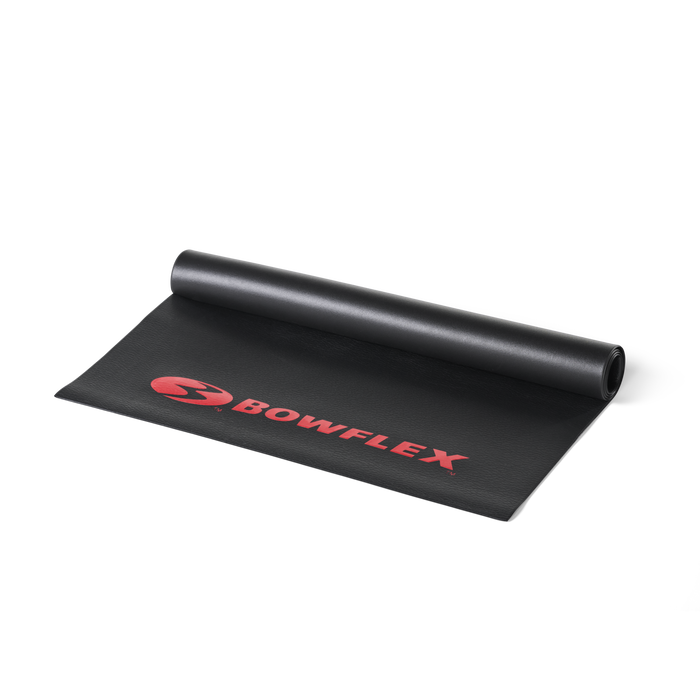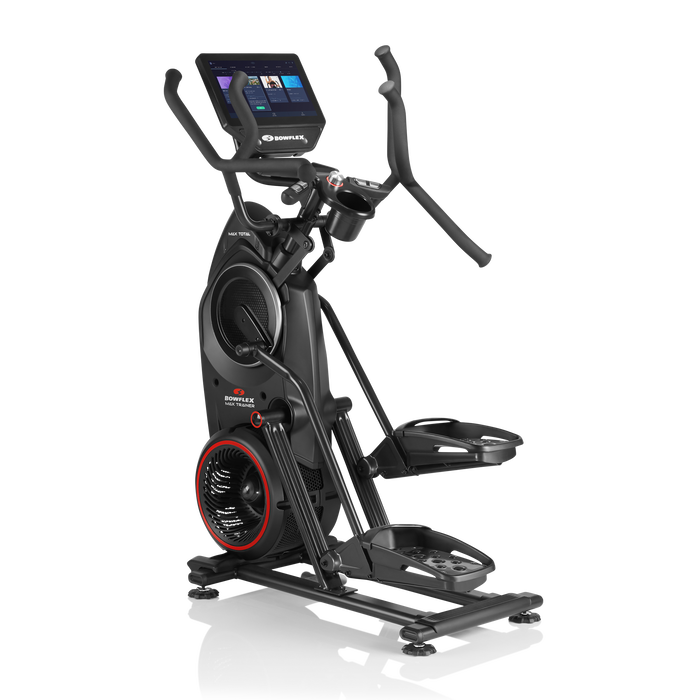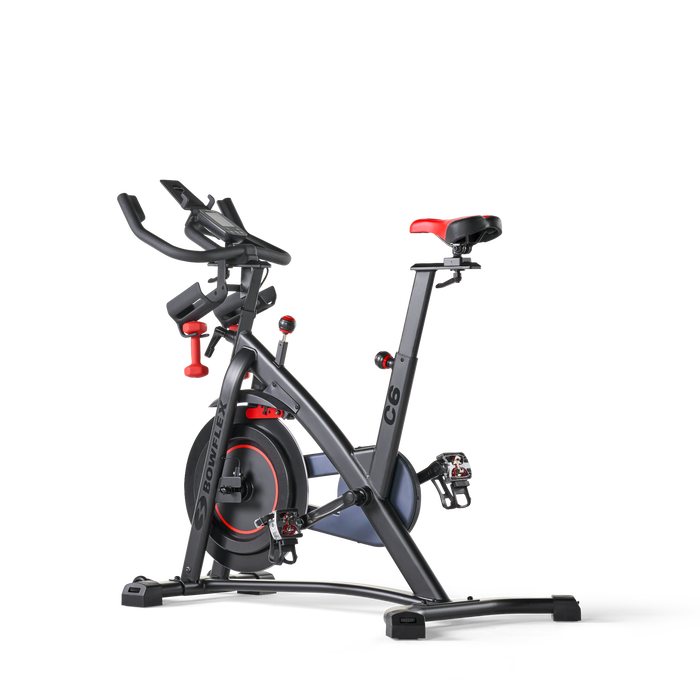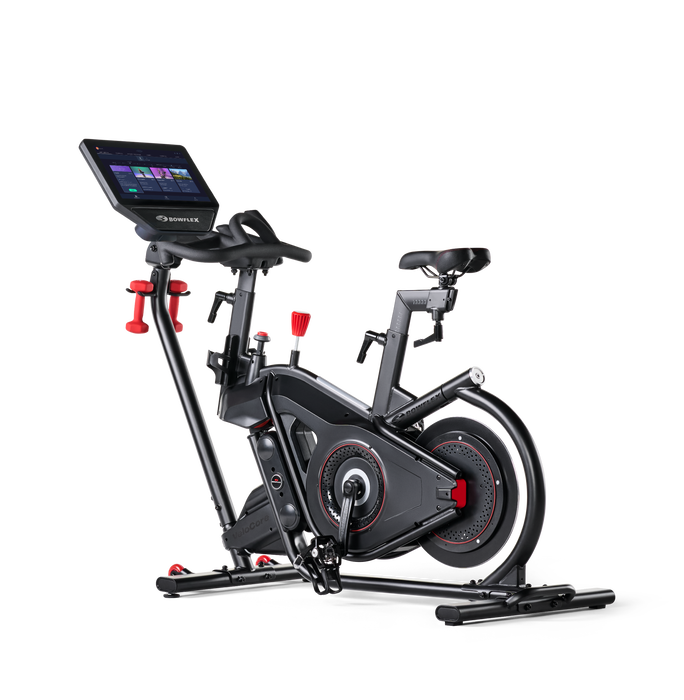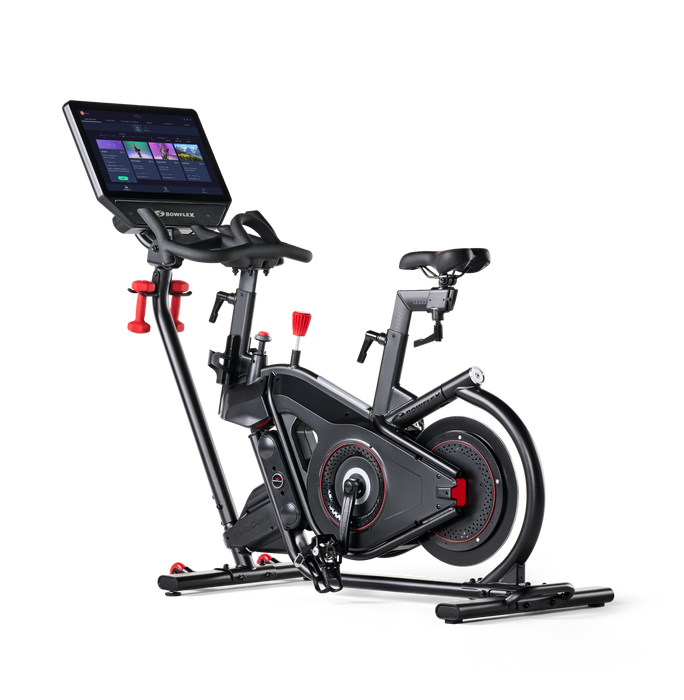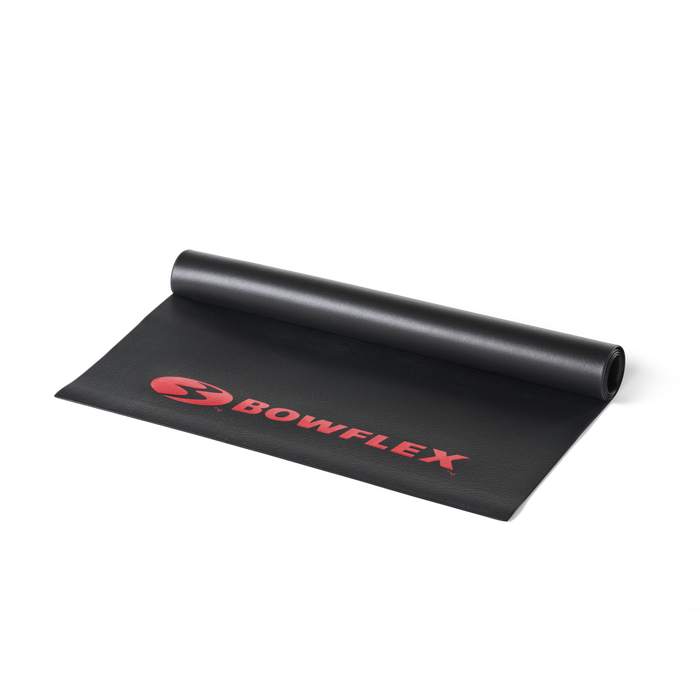Vegan vs Vegetarian

As you have browsed recipes online or looked over a menu at a restaurant, you might have noticed more references to vegetarian or vegan-friendly options, or even plant-based diets, and wondered what each of those terms mean.
While there are some similarities, vegetarian and vegan diets have a few key characteristics that differentiate the two. Both diets have grown in popularity in recent years, partly due to an increase in food sensitivities, as well as concern over farming practices and environmental consequences. In addition, recent studies have found plant-based diets can significantly reduce the risk of heart disease, as well as type 2 diabetes, and high blood pressure.
What is a vegetarian diet?
Vegetarian diets do not include meat, poultry or seafood, but do incorporate other animal byproducts, such as eggs and dairy. However, some vegetarians exclude certain animal byproducts. Common vegetarian sub-types may include:
- Lacto-ovo vegetarians: Avoid all animal meat, but do consume dairy and eggs
- Lacto vegetarians: Avoid all animal meat and eggs, but do consume dairy
- Ovo vegetarians: Avoid all animal meat and dairy, but do consume eggs
What is a vegan diet?
Vegan diets also exclude meat, poultry and seafood, but also exclude all foods produced by other animals and insects, including eggs and dairy, as well as honey and gelatin. In addition, those who follow a vegan diet also tend to avoid materials derived from animals, such as furs, leather, silk and wool, as well as cosmetics that are made with or tested on animals.
What is a plant-based diet?
A plant-based diet means that plants are the main source of food and nutrients, although small or occasional amounts of animal byproducts may be consumed.
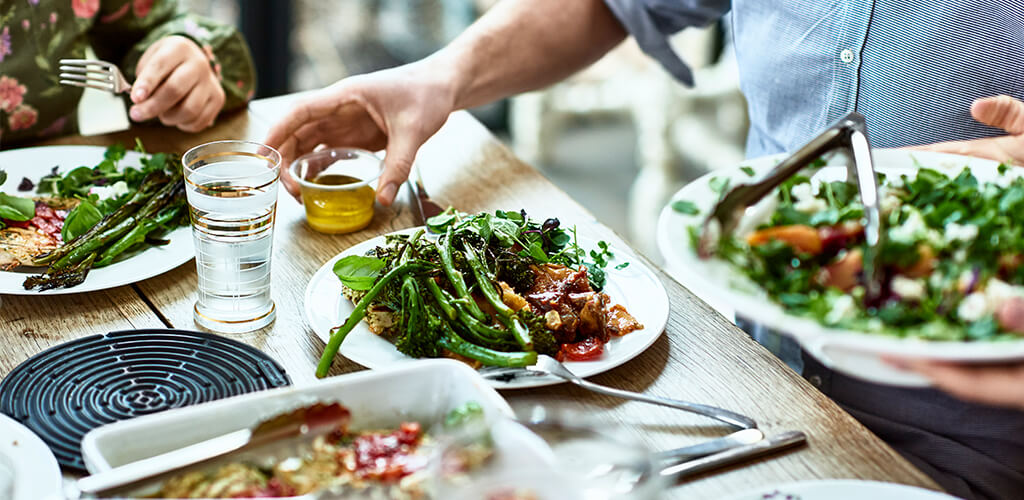
How do vegetarians and vegans consume enough protein?
It is true that vegetarians and vegans must pay closer attention to ensuring they consume adequate amounts of protein in their diet as a replacement for the protein found in animal meat. BowFlex Insider Contributor and Registered Dietician Erin Kuh notes that many non-meat eaters rely on certain foods to meet the daily recommended nutritional requirements:
- Legumes: any type of bean and lentils
- Nuts and nut butters
- Soy products: tofu, edamame, tempeh
- Seitan (wheat-protein)
- Protein powders: hemp and pea protein
- Whole grains, especially quinoa and freekeh
If you are looking to try out vegetarian or vegan-friendly recipes – roasted parmesan cauliflower is a tasty, vegetarian option, while this kale sweet potato hash is vegan friendly. You can even top your meat-free meal off with these vegan coconut truffles for an after-dinner sweet treat.
You may also like
Stop Overlooking Cauliflower

